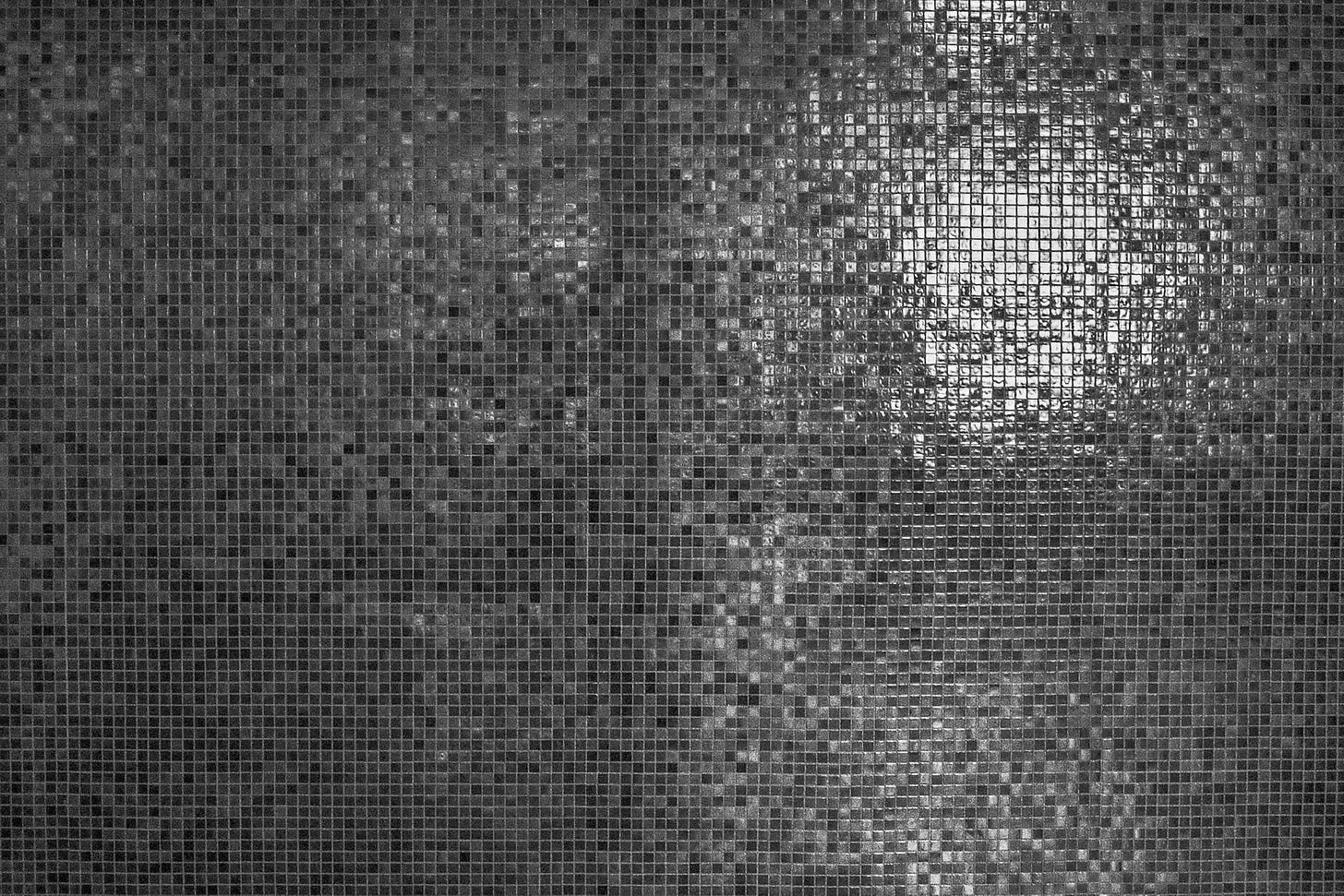How Quickly We Forget

We forget most of what we learn, and we forget it very, very quickly.
How quickly?
In general, within one hour we will have forgotten 50% of anything new we intended to learn. Within twenty-four hours, 70% of that information is gone. And within a week, 90% is lost.
On one level, it is staggering how easily we forget. Which is why many systems have been developed over the years to help retain information. Perhaps none more powerful than spaced repetition, a process for presenting information just before we are about to forget it.
I was never very good at memorizing facts, particularly information that held little relevance or interest for me. But I tried spaced repetition to see if it could help retain information that mattered very little to me – in this case, state capitals. And within about thirty minutes of total elapsed practice over one month, it is now impossible for me to not know any capital city in the US. That’s about one minute of study per day, for one month – to create an indelible mark.
Pretty remarkable, right?
Actually, it’s not. We are all practicing a form of spaced repetition every time we face a problem or challenge in our lives. And what we reinforce in each of those encounters is the idea that I can suffer, but it’s not my fault.
And we’ve gotten so good at learning this lesson that is it nearly impossible for us to forget. We’ve used one the world’s most effective learning systems to keep us trapped in a world of suffering.
But there is a way out.
And this line from A Course in Miracles gives us the key: “Look upon the problem as it is, and not the way that you have set it up.” (T-27.VII.2)
The way we’ve set up all our problems is through the belief that the world, other people, situations, circumstances, and our body are the sources of our pain. We all believe that, deeply. And we’ve mastered that lesson incredibly well.
But that’s not the way the problem actually is.
Every problem we experience has nothing to do with anything external. Not another person. Not something going on in the world. Nothing to do with our body. Rather, it is the result of a choice in our mind for the ego.
Therefore, if we want to experience more joy and less pain in our life, we need to look at the problem as it is – which means we need to look at our choice for the ego mind.
Unfortunately the way we’ve setup our problems – and the way we’ve setup the entire world – is to forget that lesson. And forget it very quickly.
Yet we can use all of our experiences to return our awareness to the mind and gently observe, without judgment, the choices we make. From this practice we will learn a new lesson, one that will leave an indelible mark of wondrous peace.
Join me in Thursday’s ACIM Zoom discussion where we’ll explore the nature of seeing every problem as it truly is, leading to an escape from all pain. I look forward to seeing you then.

